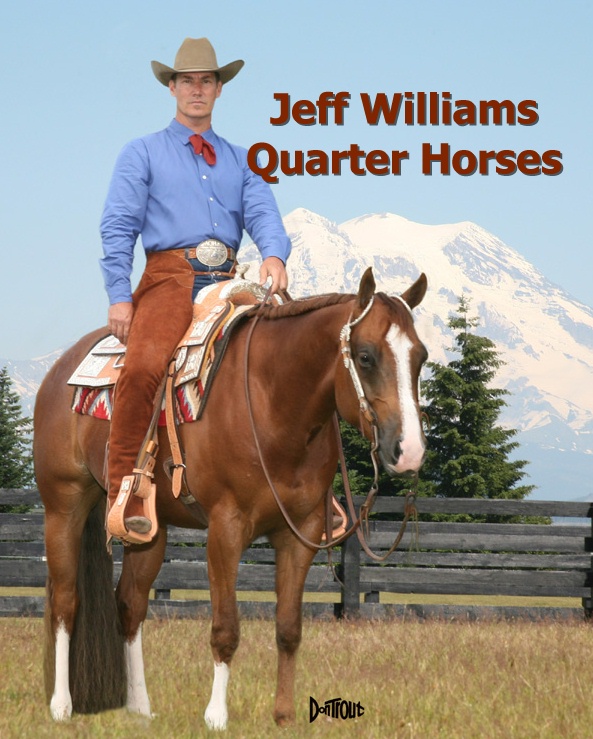Social Links Widget
Click here to edit the Social Media Links settings. This text will not be visible on the front end.
Severe Lack of Home Appraisers is Complicating Real Estate Transactions
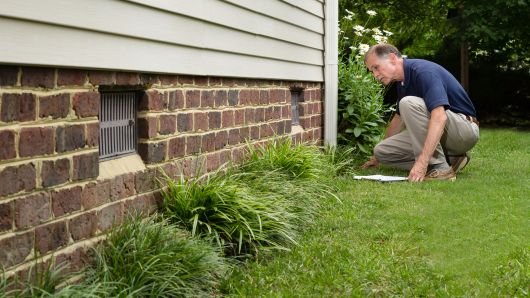
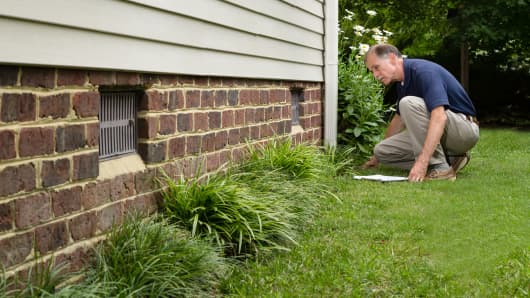 Diana Olick of CNBC recently wrote an article that sums up the reason for frustration for many home buyers and sellers in the South Sound region. Olick notes,
Diana Olick of CNBC recently wrote an article that sums up the reason for frustration for many home buyers and sellers in the South Sound region. Olick notes,
“Housing demand is rising rapidly, but a key cog in the wheel to homeownership is in deep trouble. The people most needed to close the deal are disappearing. Appraisers, the men and women who value homes and whom mortgage lenders depend upon, are shrinking in numbers.
That is causing growing delays in closings, costing buyers and sellers money and in some cases even scuttling deals.The share of on-time closings has dropped from 77 percent last April to 64 percent today for loans backed by Fannie Mae and Freddie Mac, according to Campbell/Inside Mortgage Finance. Appraisal-related issues in these delays jumped by 50 percent in that time.” (Read the full article here)
Our advice to our buyers and sellers is to factor in a minimum of 2-3 additional weeks time from what we would consider a normal 30 day closing. It’s important to note that it’s become an even bigger problem for specialty properties such as waterfront, luxury and historic homes and for properties located in outlying areas such as southern Pierce and Thurston counties. With lenders being forced to pay premiums for appraisals, we’re hopeful it will lead to more qualified appraisers being attracted to enter the field. However, that transformation will not happen quickly enough to satisfy those of us that counsel home buyers and sellers every day.
Jeff Williams is a top-producing Realtor with Windermere in Tacoma specializing in the purchase and sale of historic and luxury homes. Click here to email Jeff or give him a call at 253-303-1135.
List of Considerations When Buying or Selling Horse Property
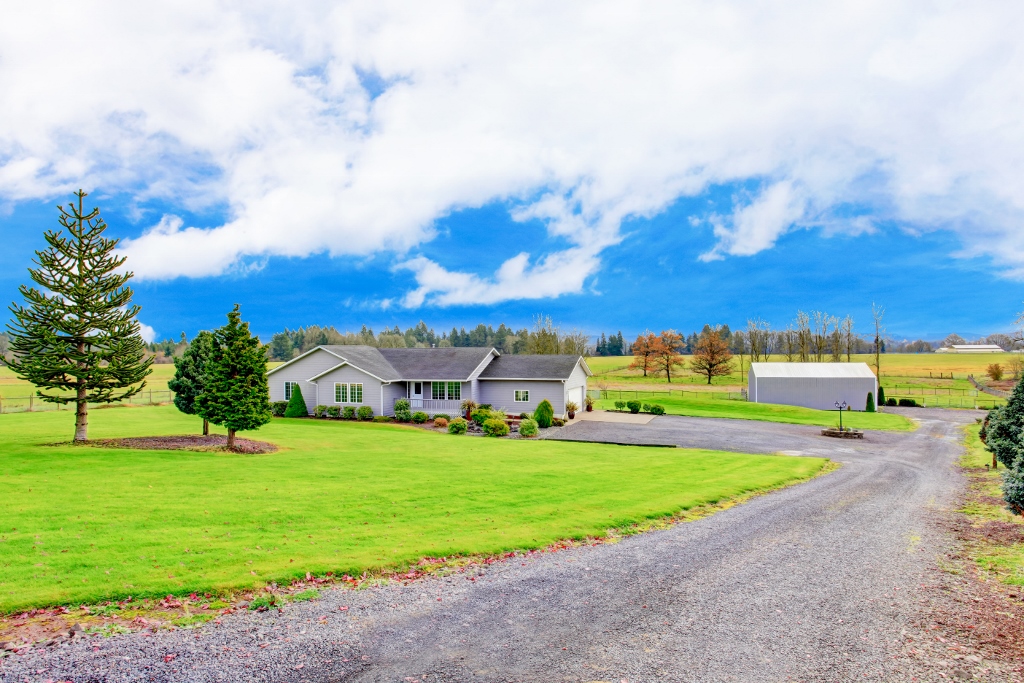
1. Is the property impacted by wetlands? Most counties in Washington State prohibit grazing animals on, building on or clearing of wetlands. The presence of wetlands can also be an indicator of potential flooding. If you’re searching for a home during the summer months, wetlands may not be readily apparent.
2. If the property is served by a well, does the well produce enough water to accomodate the needs of a horse facility? Making sure there is an adequate year round supply of water is critical. It’s also important to verify that the water is not contaminated.
3. Is the property zoned within its jurisdiction for the quantity of animals you intend to maintain? If you plan to board horses for other people or run a tack shop from your farm, are those commercial activities allowed by the county?
4. Is the land you intend to use for outbuildings and pasture cleared? In Washington State, there are regulations regarding tree removal that can differ from county to county.
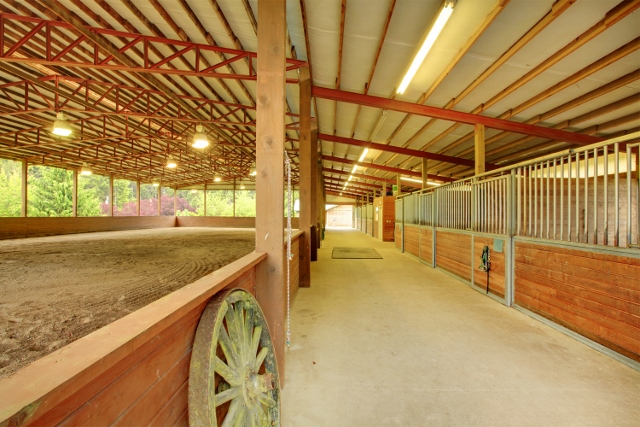
5. How does the house interact with the barn and arenas? In my experience, potential buyers don’t like it if the barn is sited too close to the house or too far away.
6. Think about equipment storage. The last thing you want to have to do is leave your tractors, trailers and tools outside in the elements, especially in Washington State. Make sure the property can accomodate equipment inside or at least in a covered shed.
7. Is the fencing sound? Wood fencing is beautiful and we all love it for safety and appearance, but replacement and maintenance costs can be crazy expensive.
8. Is the hay storage sufficient? The last thing you want to coordinate is a monthly shipment of hay. In Washington State, having a dry storage spot for hay is critical. Fog and moisture in the air can easily mold perfectly dry hay. Having a heated tack room is also important to help prevent molding of leather tack.
9. Check on manure disposal regulations before you buy. Many counties regulate manure disposal and storage, and this can be an added expense for the property owner. I’ve seen some properties that require disposal in dumpsters. You can imagine the costs associated with that.
10. If additional residences for farm workers are located on the property, is the property zoned for multiple residences and can the septic systems legally accomodate those dwellings. I’ve seen a number of properties where illegal septic systems have been installed to accomodate a mobile home for barn help because the zoning doesn’t allow multiple residential dwellings on site.
11. Look for rot everywhere! Poorly maintained structures that have improper wood to earth contact are frequently rotted. Don’t buy a pole barn that is sitting on rotted posts.
12. Consider the roads leading to the property. I’ve seen lots of properties on poorly maintained dirt or gravel roads that are lined by trees. Wind and rain are constant issues in Washington State so be sure that you can get a truck and trailer in and out during a storm and that emergency vehicles can get to you. Otherwise, tree fall could leave you trapped at your property for days.
13. Is the property wired for a generator? If you’re dependent on electricity at the property, be sure you have a propane fueled back-up generator. Losing your electric well pump and heat for the house after a major storm could become dangerous for you and your horses in fairly short order.
14. Are the barns and outbuildings legally built? By their nature, horse properties require barns, sheds, pump houses, etc. I’ve often seen structures that have been built without permit and that are considered illegal by county officials as a result. With these types of violations, you could be forced to remove the structures. Make sure all outbuildings, especially covered arenas, were built with permits.
15. Not so fast on adding that indoor arena! Very few counties in western Washington allow large free-span covered arenas to be built in an area that’s typically zoned residential. Check the codes before you buy a property with the intent to expand.
16. Does the property qualify for or is it currently tax assessed as an agricultural business? If the property is eligible for Ag status or if that is its current property tax designation, it can mean a significant property tax savings for the owner, but there are strings attached. Be sure you understand what qualifies the farm for its agricultural designation. If you’re selling an Ag designated property and the new buyer doesn’t continue that use, you may be responsible for property tax penalties when you sell.
17. Lastly, is your Realtor a horse person? Horse properties require specialized expertise so working with a Realtor who doesn’t understand the language and needs of equestrians will put you at a very real disadvantage. There are a number of marketing tools that I use to get my equestrian listings sold quickly. A Realtor who’s not familiar with equestrian properties won’t be able to offer you the same tools.
Jeff Williams has been riding and showing American Quarter Horses since childhood and is a top producing Realtor with Windermere in Tacoma, Washington. To learn more about Jeff’s equestrian background visit his website Jeff Williams Quarter Horses.

 Facebook
Facebook
 Twitter
Twitter
 Pinterest
Pinterest
 Copy Link
Copy Link


